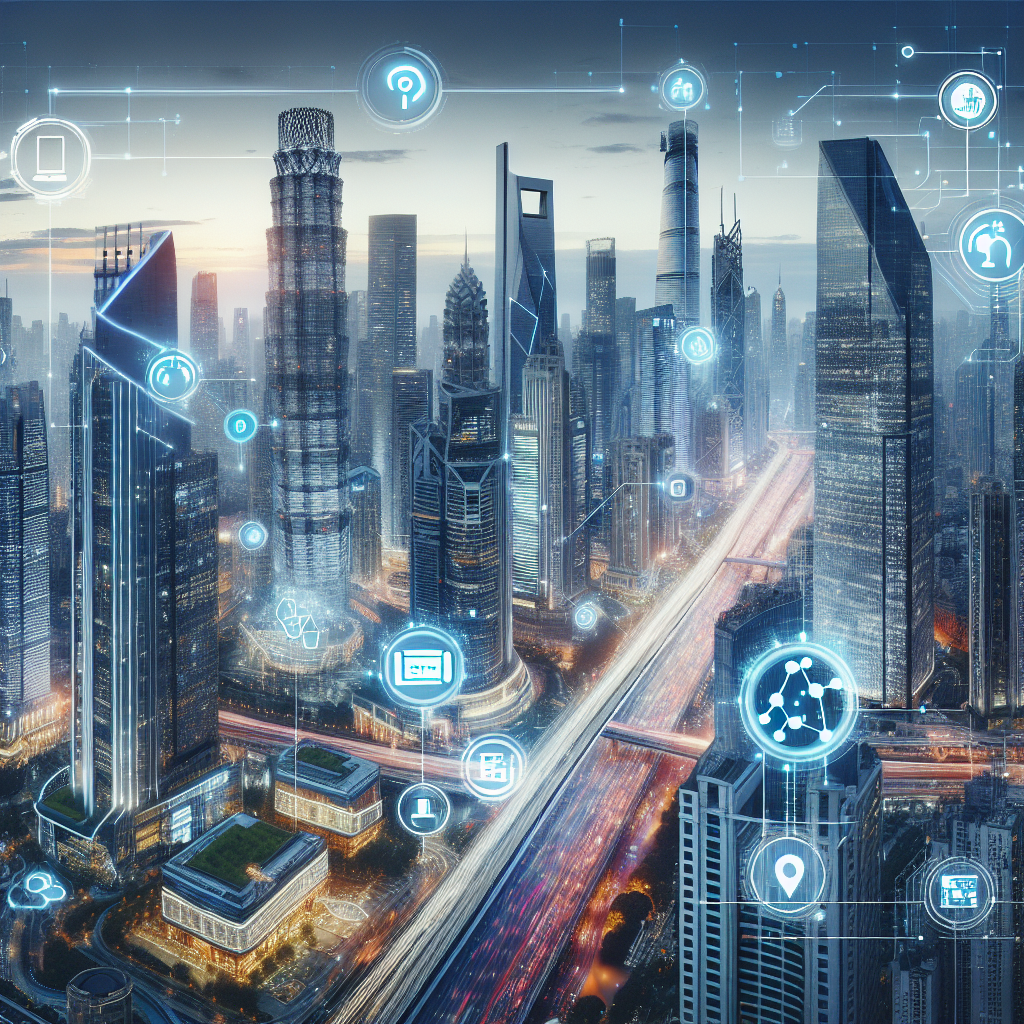Artificial intelligence (AI) is revolutionizing the way we approach various industries, and urban planning is no exception. With the rapid growth of cities and the increasing complexity of urban environments, AI software is being used to help planners make more informed decisions and create more sustainable and efficient cities. In this article, we will explore the impact of AI software on urban planning, including its benefits, challenges, and potential future developments.
Benefits of AI Software in Urban Planning
1. Data Analysis: One of the key benefits of AI software in urban planning is its ability to analyze vast amounts of data quickly and accurately. This data can include demographic information, traffic patterns, environmental data, and more. By analyzing this data, planners can gain valuable insights into how cities are functioning and identify areas that need improvement.
2. Predictive Modeling: AI software can also be used to create predictive models that can help planners anticipate future trends and plan accordingly. For example, AI algorithms can be used to predict population growth, traffic congestion, and even the effects of climate change on urban environments. This allows planners to make more informed decisions and create more resilient cities.
3. Optimization: AI software can also be used to optimize various aspects of urban planning, such as transportation systems, energy use, and land use. By using algorithms to optimize these systems, planners can create more efficient and sustainable cities that are better able to meet the needs of their residents.
Challenges of AI Software in Urban Planning
While AI software offers many benefits to urban planning, there are also several challenges that need to be addressed. Some of the key challenges include:
1. Data Privacy: With the increasing use of AI software in urban planning, there are concerns about data privacy and security. Planners must ensure that the data they collect is used responsibly and that residents’ privacy is protected.
2. Bias: AI algorithms are only as good as the data they are trained on, and there is a risk of bias in the data that is used to train these algorithms. Planners must be aware of this bias and take steps to mitigate its effects.
3. Implementation: Implementing AI software in urban planning can be a complex and time-consuming process. Planners must have the necessary expertise and resources to effectively integrate AI into their planning processes.
Future Developments in AI Software for Urban Planning
Despite these challenges, the future of AI software in urban planning looks promising. Some potential developments include:
1. Dynamic Planning: AI software can be used to create dynamic planning models that can adapt to changing conditions in real-time. This can help planners respond more quickly to emergencies, such as natural disasters or pandemics, and create more resilient cities.
2. Citizen Engagement: AI software can also be used to engage citizens in the planning process. By using AI-powered tools, residents can provide feedback on proposed projects and help shape the future of their cities.
3. Autonomous Vehicles: As autonomous vehicles become more common, AI software will play a crucial role in planning for their integration into urban environments. Planners will need to use AI algorithms to optimize traffic flow, reduce congestion, and ensure the safety of pedestrians and cyclists.
FAQs
Q: How is AI software currently being used in urban planning?
A: AI software is currently being used in urban planning to analyze data, create predictive models, and optimize various aspects of city planning, such as transportation systems and energy use.
Q: What are some examples of AI software being used in urban planning?
A: Some examples of AI software being used in urban planning include predictive modeling tools, data analytics platforms, and optimization algorithms.
Q: What are the benefits of using AI software in urban planning?
A: The benefits of using AI software in urban planning include improved data analysis, predictive modeling, and optimization of city systems.
Q: What are some of the challenges of using AI software in urban planning?
A: Some of the challenges of using AI software in urban planning include data privacy concerns, bias in algorithms, and the complexity of implementation.
Q: What are some potential future developments in AI software for urban planning?
A: Some potential future developments in AI software for urban planning include dynamic planning models, citizen engagement tools, and optimization algorithms for autonomous vehicles.
In conclusion, AI software is transforming the field of urban planning by providing planners with powerful tools to analyze data, create predictive models, and optimize city systems. While there are challenges to using AI in urban planning, such as data privacy and bias, the potential benefits are significant. With continued advancements in AI technology, we can expect to see even more innovative uses of AI software in urban planning in the future.

